“Scripture,” Fr. Paul wrote years ago, “is its own interpreter.” “The sermon,” he continued,“…is at best an invitation to hear and obey the text.” “An invitation card has no value whatsoever when it comes to the dinner itself; the guests are fed by the dinner, not by the invitation or its phrasing (Luke 14:16-24; Matthew…
Category: The Bible as Literature
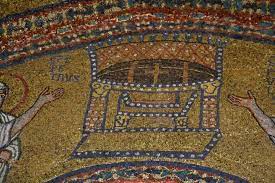
Uncle Saleḥ
In view of current events, I am convinced that people who continue to insist upon the language of post-modernism are guilty of murder. A bullet is not a narrative. A cylindrical projectile launched from a chamber through the rapid expansion of gas induced by combustion is a fact. Just ask a nursing mother. She will…

I Reject Your Gods
With all the silly memes floating around the internet about how to “live” your best life or how to live a “good” life, it was inevitable that people would talk about using Scripture to “live a good” life. It’s an old lie, actually, and it was unavoidable that it would reappear. Oh, come on, Fr….
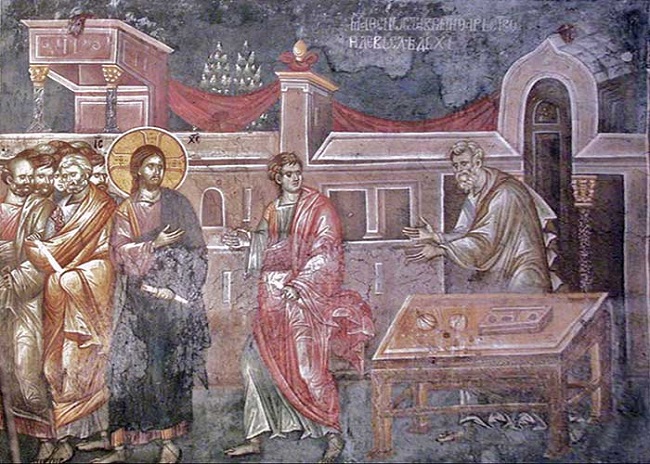
Respect
A prophet gathered people to do difficult, painful, and dangerous work, which was to be carried out according to specific instructions. He said, “I am going to do this work, no matter what the cost, no matter how long it takes, according to the instructions given to me.” When his tribe heard the instructions, they…

We, the Dummies
Speak, be silent, have your discourse, hold your discourse, mansplain, or be ever so polite and attentive. Gossip, hold your tongue, roll it around seven times seventy, or run it. Psychoanalyze your neighbor or choose wisely not to judge others. Who cares? Rehear Ecclesiastes: You are nothing new under the sun. You are not a…

I Have No Value
Ah, the occidental trap. The neurosis. The spiral of death. Dante’s hell. An eternal maze of nonsensical self-preoccupation. “What is my value?” Which boils down to, well, “nothing.” Then you “build” a philosophy department and “create” an entire field of study to “examine,” well, “nothing.” You even give it a fancy Latin name so that…

Your Knowledge is a Sin
Occidental scholarship is a fraud. It comes with its own knowledge, the way a guest comes to a potluck meal with his own communion bread. By definition, if you bring it, it is not the Eucharist—it is a McDonald’s Happy Meal. It feels good—like a cheap date—but after you are done, all that’s left are…
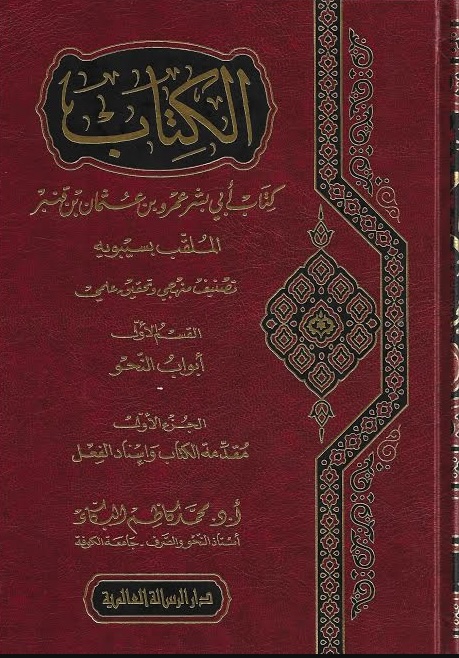
In One of the Days
These past months, I’ve been introducing Arabic roots on the program that correspond to Hebrew terms that tie off with New Testament Greek via the secondary text of the Old Testament, known as the Septuagint. It’s secondary, of course, because consonantal Hebrew is primary. As Fr. Paul has said many times, Semitic roots, including classical…
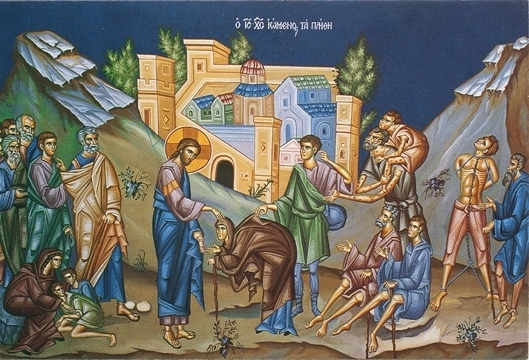
Narcissism
Everything we treasure must be dismantled in our minds. Even the phrase “Bible Study” has been exploited, contorted, twisted, and distorted into a micro-narrative of occidental religion and philosophy. When I say the word “Bible,” it is nothing but an idea formed in your narcissistic mind with Anglo-Saxon letters—a romanticized memory of a self-centered gathering…
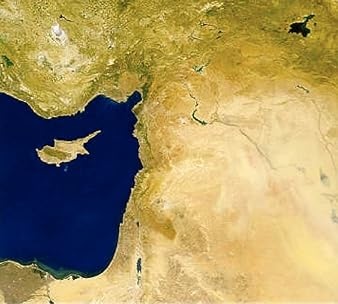
What Was Lost Has Been Found
You are probably waiting for me to move on from these painful monologues about ignorance, cultural chauvinism, settler colonialism, and the ultra-nationalistic tendencies of Western Universalism, which wraps its bombs in the values of the Enlightenment—in precisely the same manner that Constantine cloaked his war chariots in the sign of the precious and life-sustaining teaching…

